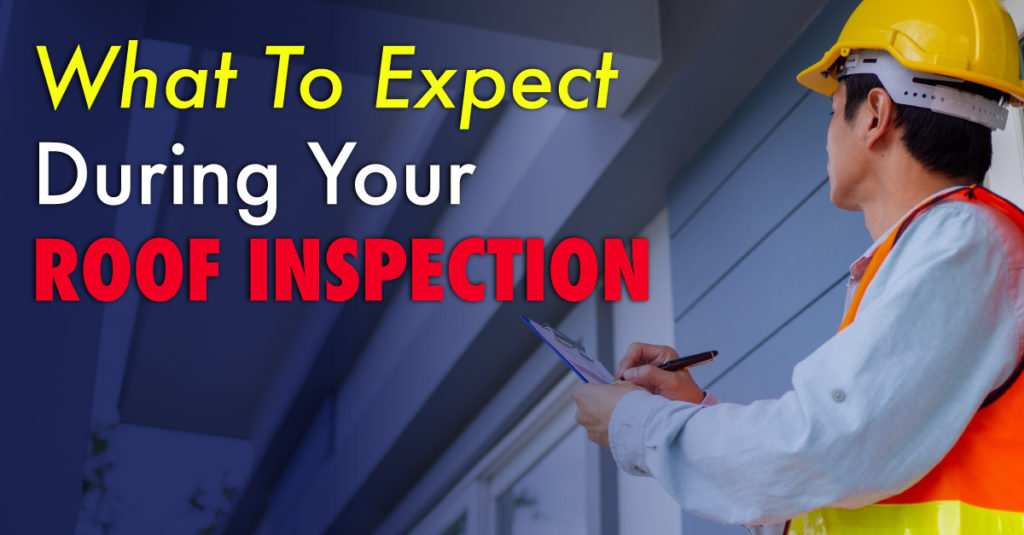The roof is your home’s first line of defense against storms and extreme weather conditions such as rain, snow, high winds, and sunshine. Unfortunately, many homeowners often put a blind eye on the roof until it begins to spring leaks. At this point, the damage may already be detrimental as your home may have developed structural damage, mold growth, or damaged insulation or underlayment. Spare yourself such pressures by scheduling periodic roof inspections every year and following major storms.
What to Expect During Roof Inspections
A roof inspection process typically looks for leaks, damage to roofing shingles, unusual wear and tear, organic growth issues, and issues from installation or previous repairs. As a homeowner, you should expect your roofing contractor to go up and inspect your roof and gutter systems from the top. They will also assess the condition of your roof from the inside of your house to determine if there is any damage to the insulation, underlayment, and other internal roofing components. After the inspection, you should get a detailed inspection report indicating the overall condition of your roof and any damages identified.
Roof Inspection Should Not Be Loud
Although roof installation or repair processes are typically loud, roof inspections are usually silent and less intrusive. Unless there are emergency repairs your roofer needs to make, the entire process should be generally quiet.
Common Inspection Areas
Your roofer will inspect your roof from both the inside and outside of your house. Common inspection areas include:
- Structural Inspection: From the ground area, your roofing contractor will look out for signs of a failing roof. From the top of the roof, masonry chimneys, vents, and skylights will be inspected for signs of cracks, damaged flashing, or crumbling sealants.
- Shingle Inspection: From the rooftop, your inspector will look for missing, loose, or curling shingles as well as stains, rust, and moss growth. Shingle granules in your gutters is often a sign the roof is nearing the end of its useful life and should be replaced.
- Interior Inspection: Roof leaks can ultimately damage the interior of your home. So, your roofer will check the interior ceilings, walls, and attic space for water stains, rot, mold, and other signs of water damage.
How Long the Inspection Takes
Most roof inspections will take between 45 minutes and 4 hours. However, the exact duration will depend on the square footage of your roof, the pitch, ease of accessibility, the roofing material, and whether or not the attic space is scheduled for inspection.
What to Do if the Inspection Reveals Some Damage
After the inspection, your roofer will provide you with a detailed report about the overall state of your roof and the recommended repairs, if any, to keep it in great shape. If repairs are needed, it’s important to schedule them as soon as possible to prevent further damage to your home.
StormForce has years of experience in residential roofing and can help you with roofing inspections and repairs in Jacksonville, FL. Contacts us today to schedule a free consultation with one of our experienced roofing specialists.
